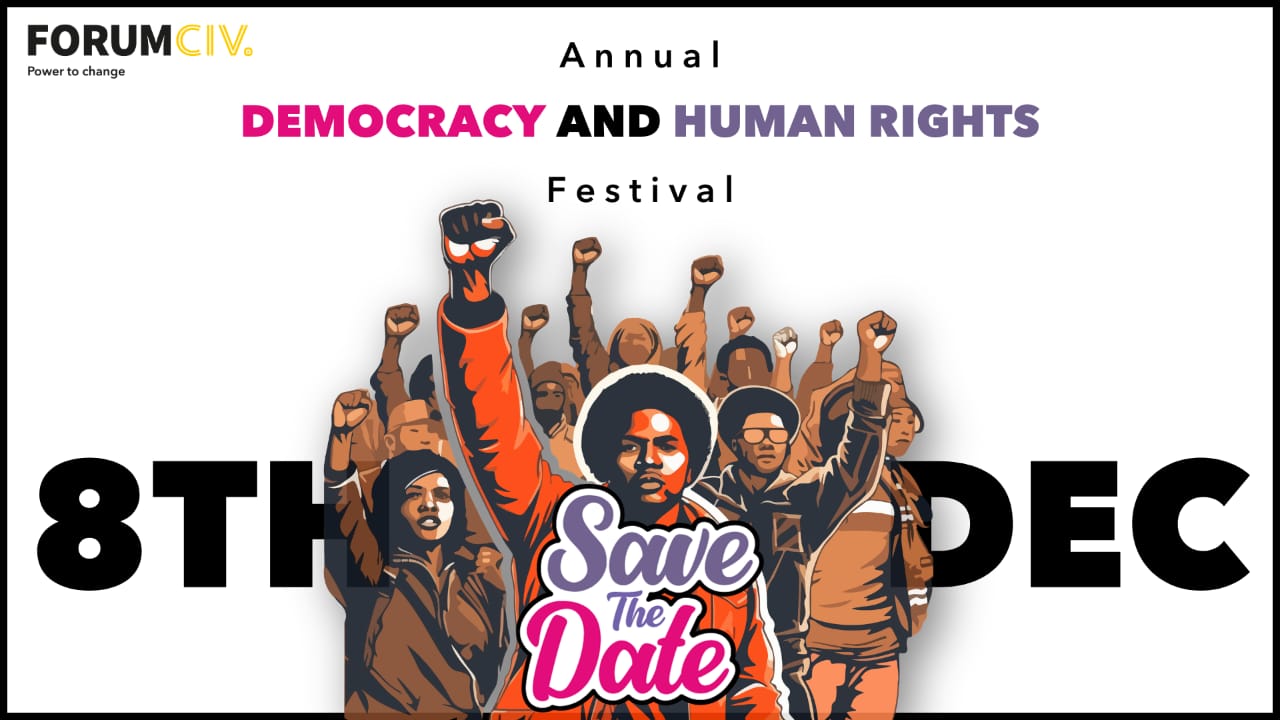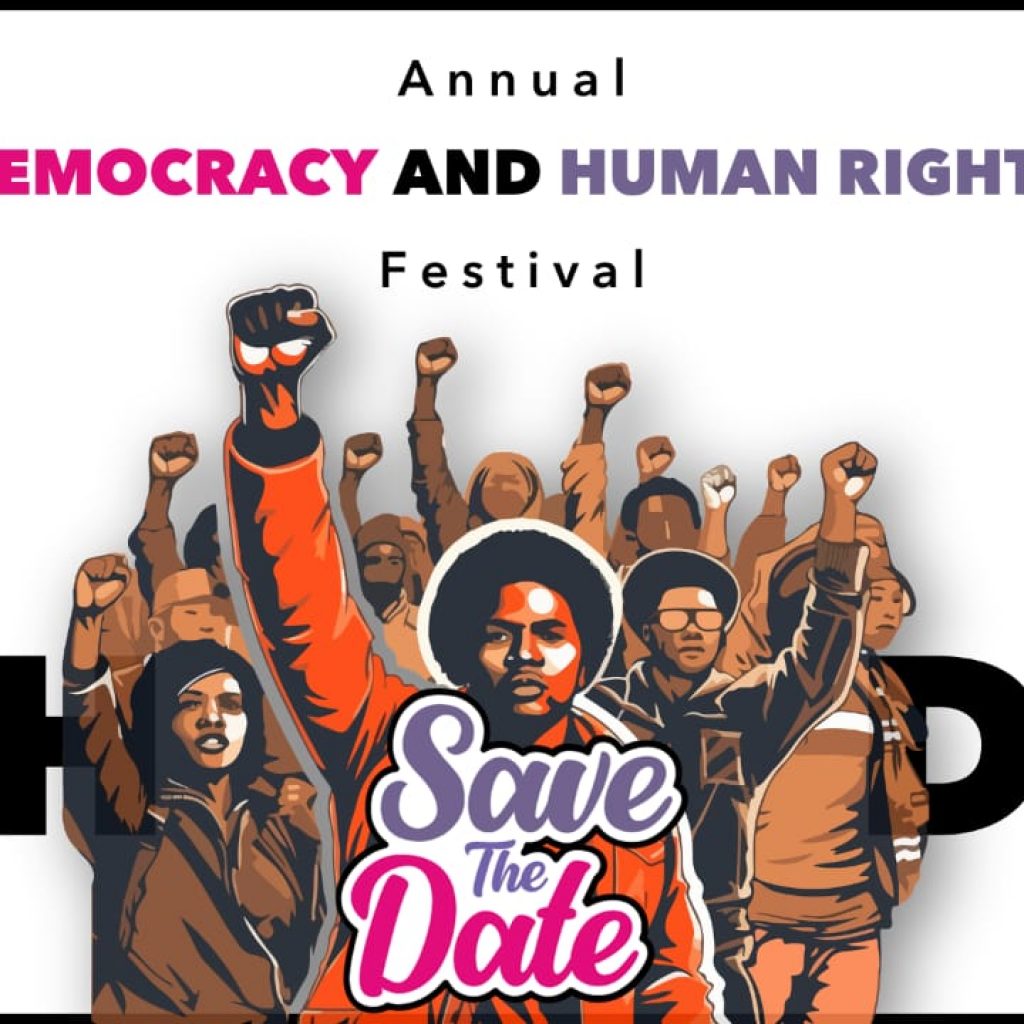The 11th edition of Rusinga Festival happens on Thur the 22nd and Fri the 23rd of December. We celebrate the giant strides we have made in the last decade in the revival of the Suba language and culture!
The theme for this year is Owuiwulo Owuyia: Celebrating a People Reborn.
We are also glad to be on the road to full recovery from the devastating Covid-19 pandemic that disrupted the norm of many social gatherings for over two years now.
In the last decade, the festival has provided the Abasuba with a platform for cultural expression, public participation, knowledge, and cultural exchange while at the same time economically empowering women and youth. It has been a cultural answer to the question ‘Can a people die?’
The Suba language and culture are listed as endangered by UNESCO and this has been part of the community’s effort to revive it. This year’s edition celebrates the achievements we have had in bringing back the dignity and pride of recognition for the Abasuba people.
Amid the acknowledgment of these strides, we shall not relent, and we challenge ourselves to achieve more in this decade.
The largest cultural festival in Western Kenya will still offer two days of music, fashion, food, artistry, literature, sports, and conversations that take you back in time into the wealth of the Suba Culture.
As a not-for-profit organization, our resilience continues to be built on the support and goodwill of the Abasuba community members, history and culture lovers across the globe, and you – our audience and number one supporter. You give us the energy to keep doing what we do. And we are deeply grateful for that.
We look forward to this new era, and to celebrating with you! Come experience the rich Suba culture, serenade in the stunning nature on the Suba islands, and savor every sunrise and sunset over Africa’s largest freshwater lake, and one of Kenya’s hidden gems Lake Victoria.
Our founding principle remains the same – bridging the gap between cultures is necessary for peace, growth, stability, and development. Rusinga Festival remains one of the few purely socio-cultural festivals in Kenya, defined by its unwavering focus on celebrating the culture of the Abasuba, honoring the century-old life of a people on the brink of disappearing from the earth.
Save the date and help us spread the word! And should you know of a potential partner who would want to jump into this celebration, please feel free to introduce us.



























